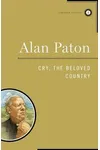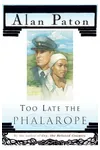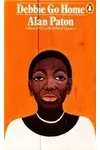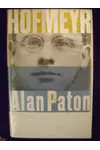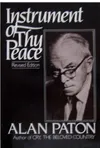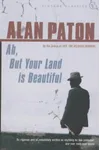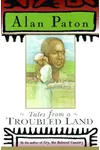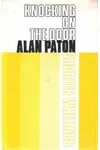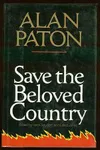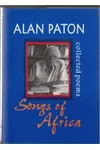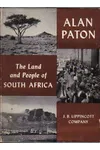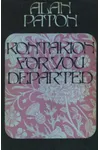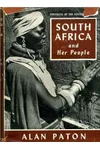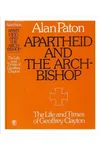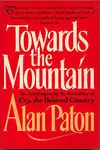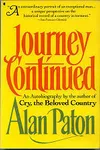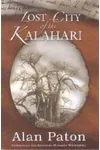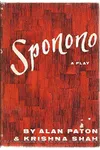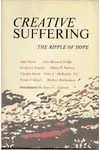Picture a South African storyteller whose words shook the world with compassion and courage—meet Alan Paton! Best known for his heart-wrenching novel Cry, the Beloved Country, Paton wove tales that exposed the injustices of apartheid while celebrating the human spirit. His work as an author and anti-apartheid advocate made him a literary giant whose stories still resonate today.
Born in 1903 in Pietermaritzburg, Paton didn’t just write about South Africa’s struggles—he lived them. As a white man championing Black South Africans’ rights, he used his pen to bridge divides and spark global conversations about equality. Ready to dive into his remarkable life and legacy? Let’s go!
The Making of Alan Paton
Alan Stewart Paton grew up in a modest household in Pietermaritzburg, South Africa, where his love for literature bloomed early. A shy, studious child, he devoured books and developed a deep sense of justice, shaped by his Christian upbringing and the racial tensions around him. After studying at the University of Natal, Paton became a teacher and later a reformatory principal, working with young offenders. His experiences with South Africa’s marginalized communities planted the seeds for his literary career, inspiring him to tackle the nation’s racial divide through storytelling.
Paton’s pivot to writing came in his 40s, driven by a burning need to address apartheid’s brutality. While traveling in Europe in 1946, he began penning Cry, the Beloved Country, pouring his heart into a novel that would change his life and the literary world.
Alan Paton’s Unforgettable Stories
Paton’s debut novel, Cry, the Beloved Country (1948), is a masterpiece of lyrical prose and emotional depth. The story follows a Black pastor, Stephen Kumalo, and a white farmer, James Jarvis, whose lives intertwine amidst tragedy in apartheid-era South Africa. With its vivid portrayal of racial injustice and reconciliation, the book became an international sensation, translated into dozens of languages and adapted into films and plays.
Paton followed with Too Late the Phalarope (1953), a poignant tale of a white policeman’s downfall due to forbidden love and societal pressures. His short stories, collected in Tales from a Troubled Land (1961), further showcased his ability to capture South Africa’s beauty and pain. Paton’s style—simple yet poetic, rooted in biblical rhythms—gave his work a timeless quality. His themes of forgiveness, justice, and human connection resonated globally, making him a voice for change in a divided world.
Though Paton wrote essays, biographies, and poetry, his novels remain his crowning achievements. They didn’t just entertain—they challenged readers to confront uncomfortable truths about race and morality, earning him a lasting place in literary history.
Why Alan Paton Matters
Alan Paton’s impact transcends literature. As a founder of the Liberal Party of South Africa, he fought apartheid head-on, risking his safety to advocate for a multiracial democracy. His books brought South Africa’s struggles to a global stage, influencing readers and policymakers alike. Cry, the Beloved Country remains a touchstone for discussions on race, reconciliation, and humanity, studied in schools and cherished by readers worldwide.
Paton’s legacy endures through his fearless storytelling and unwavering belief in justice. When he died in 1988, he left behind a body of work that continues to inspire activists, writers, and dreamers. His ability to find hope in despair makes him a beacon for anyone seeking a better world.
About Alan Paton
- Born: January 11, 1903, Pietermaritzburg, South Africa
- Key Works: Cry, the Beloved Country, Too Late the Phalarope, Tales from a Troubled Land
- Awards: Freedom House Award, honorary doctorates
- Died: April 12, 1988, Durban, South Africa
Snag Cry, the Beloved Country and dive into Alan Paton’s soul-stirring world of hope and humanity!
